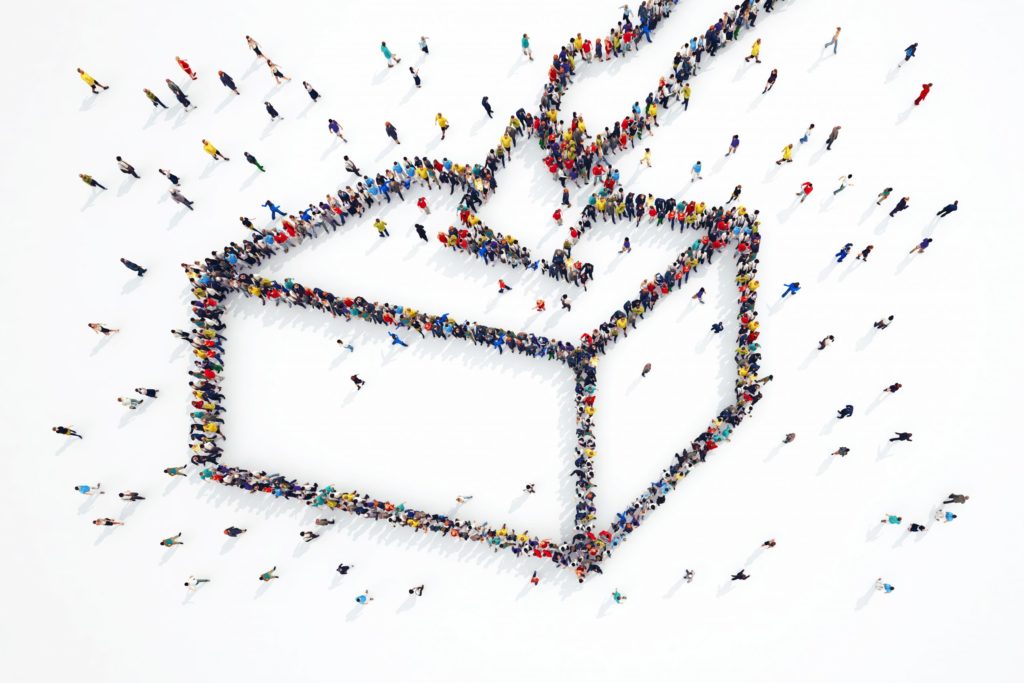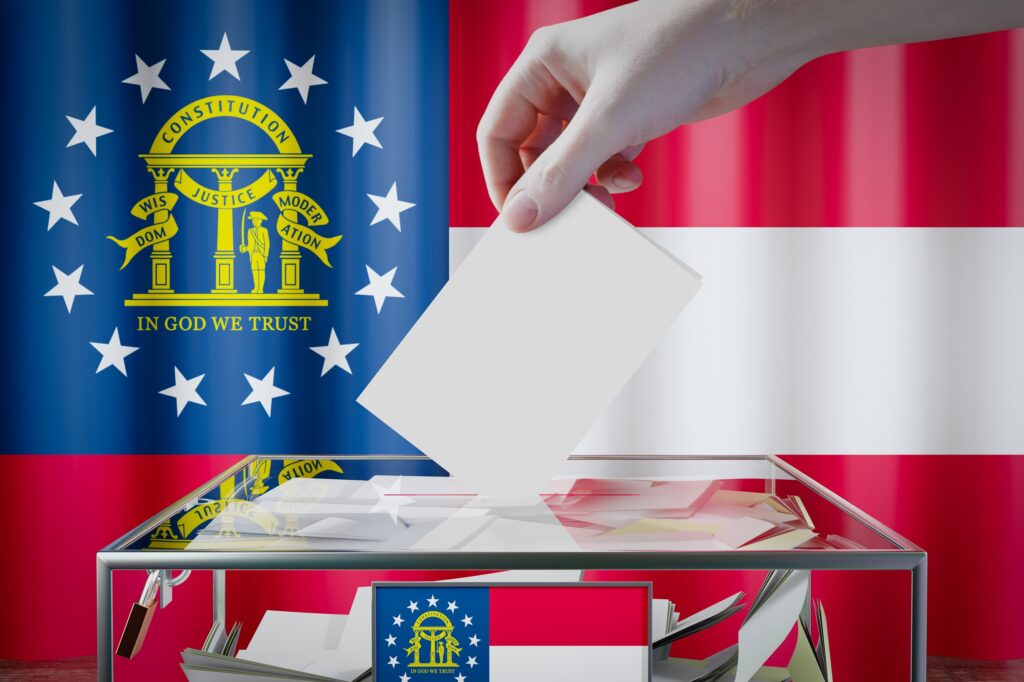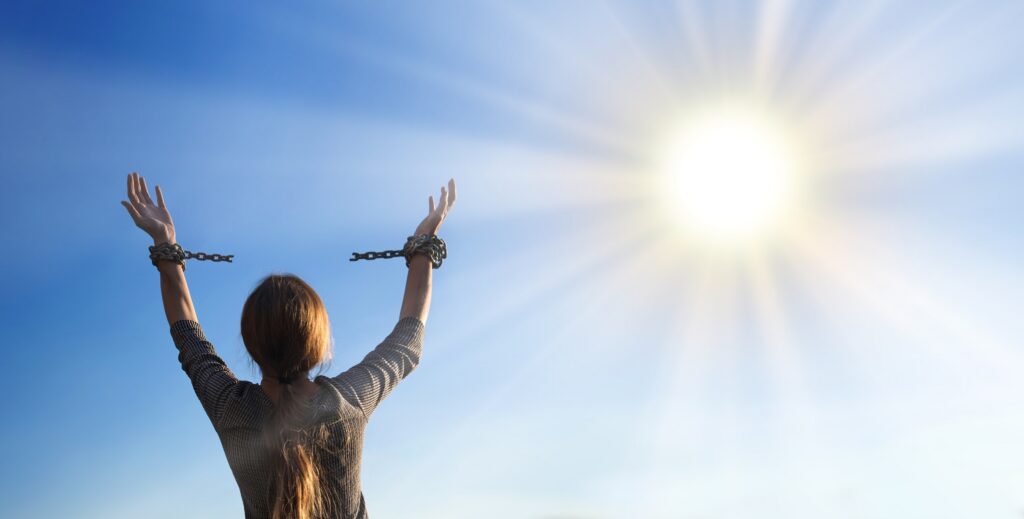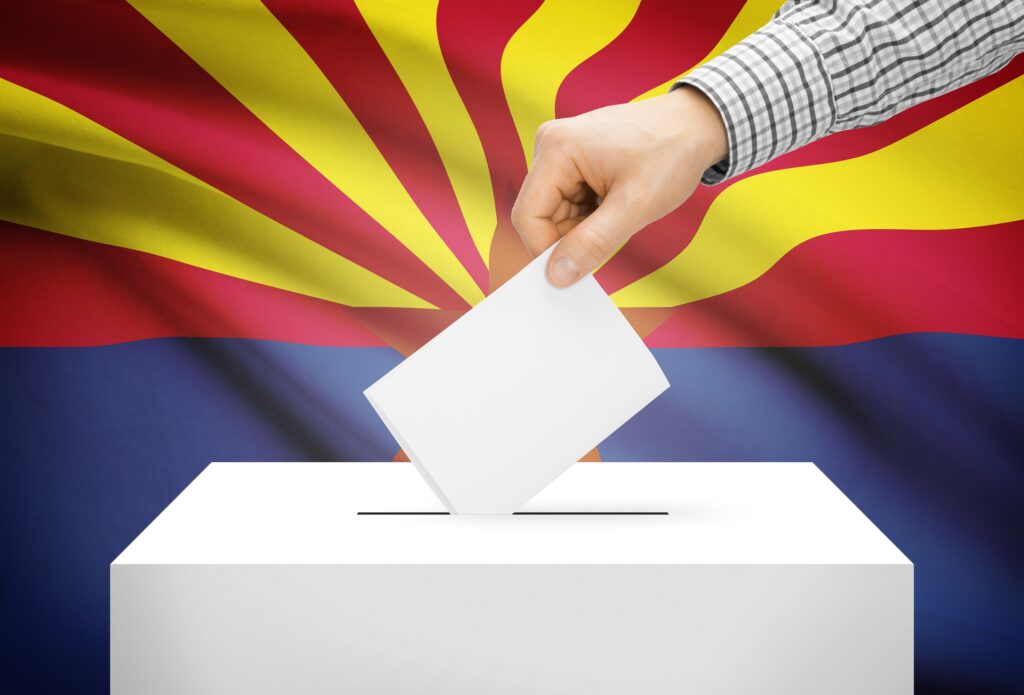America’s dumbest drinks laws
Authors
Key Points
While prohibition has indeed been relegated to the dustbin of history, we’re still far from free when it comes to drinking. Yes, even today, alcohol continues to be subjected to a host of nonsensical, onerous and sometimes downright silly restrictions.
After the repeal of Prohibition, anti-alcohol sentiments did not die away overnight. In fact, a strange mix of temperance advocates, progressives and religious leaders continued to decry the supposedly deleterious effects of alcohol and sought to control public access to it. And although the 21st amendment repealed Prohibition, it still allowed state and local governments broad control over hooch.
States and localities seized this opportunity and rushed in to fill the regulatory void left when the federal government exited the booze business. As a result, we still have many, head-scratching alcohol rules on the books. In fact, even more modern alcohol laws that do not trace their lineage to the post-Prohibition era were often inspired by similar forces.
Given our modern society, it would make sense for human beings to be treated as adults when it comes to booze. This would mean deregulating the alcohol industry to create a rational system that encourages innovation and growth, while also ensuring public health and safety.
Press Release
The definitive guide to the worst booze laws in America
Media Contact
For general and media inquiries and to book our experts, please contact: pr@rstreet.org
Introduction
Each December, Americans around the country congregate at their favorite watering holes to celebrate “Repeal Day.” America’s long, harmful experiment with banning alcohol ended on December 5, 1933, and modern drinkers continue to be thankful that they are now officially free to “get their booze on.”
But are they really? While prohibition has indeed been relegated to the dustbin of history, we’re still far from free when it comes to drinking. Yes, even today, alcohol continues to be subjected to a host of nonsensical, onerous and sometimes downright silly restrictions. Do you like enjoying a cold beer on a hot day? Well, stay away from Indiana. It bans gas stations from selling refrigerated beer. Want to indulge in a fancy craft cocktail at an upscale speakeasy on date night? Sorry, Virginia lovers! The “Old Dominion” only allows full-service food restaurants to serve hard spirits.
So, where do all these wacky rules come from anyway?
Well, even though Prohibition was repealed in the 1930s, anti-alcohol sentiments did not die away overnight. In fact, a strange mix of temperance advocates, progressives and religious leaders continued to decry the supposedly deleterious effects of alcohol and sought to control public access to it. And although the 21st amendment repealed Prohibition, it still allowed state and local governments broad control over hooch.
States and localities seized this opportunity and rushed in to fill the regulatory void left when the federal government exited the booze business. In the wake of Prohibition, nearly every state either took control of alcohol sales itself or established what has become known as the “three-tiered” system, which requires legal separation between producers, distributors and retailers of booze.
These antiquated regulatory regimes have long since reached their sell-by date—after all, almost no other industry in the United States is regulated in a similar way. Nevertheless, they stubbornly persist. As a result, we still have many, head-scratching alcohol rules on the books. In fact, even more modern alcohol laws that do not trace their lineage to the post-Prohibition era were often inspired by similar forces. Modern moralizers—call them neo-Prohibitionists—are quick to push scare campaigns about the evils of even moderate alcohol consumption. And even less sympathetically, our present system of alcohol regulation has created vested interests that are fiercely protective of this outdated system. Given our modern society, it would make sense for human beings to be treated as adults when it comes to booze. This would mean deregulating the alcohol industry to create a rational system that encourages innovation and growth, while also ensuring public health and safety.
Since many of today’s alcohol laws fail on all these counts, our alcohol policy team has put together the definitive list of the Worst Booze Laws in America. And, in honor of a nice 12-pack of delicious beer, we chose our top (bottom?) 12—even though they’re way less refreshing.
With a little luck and a lot of deliberate action, there will come a day when this list will be a thing of the past but today, let’s sit back, crack open a hard cider and have a good laugh scream.
Read the rest of the report here.











